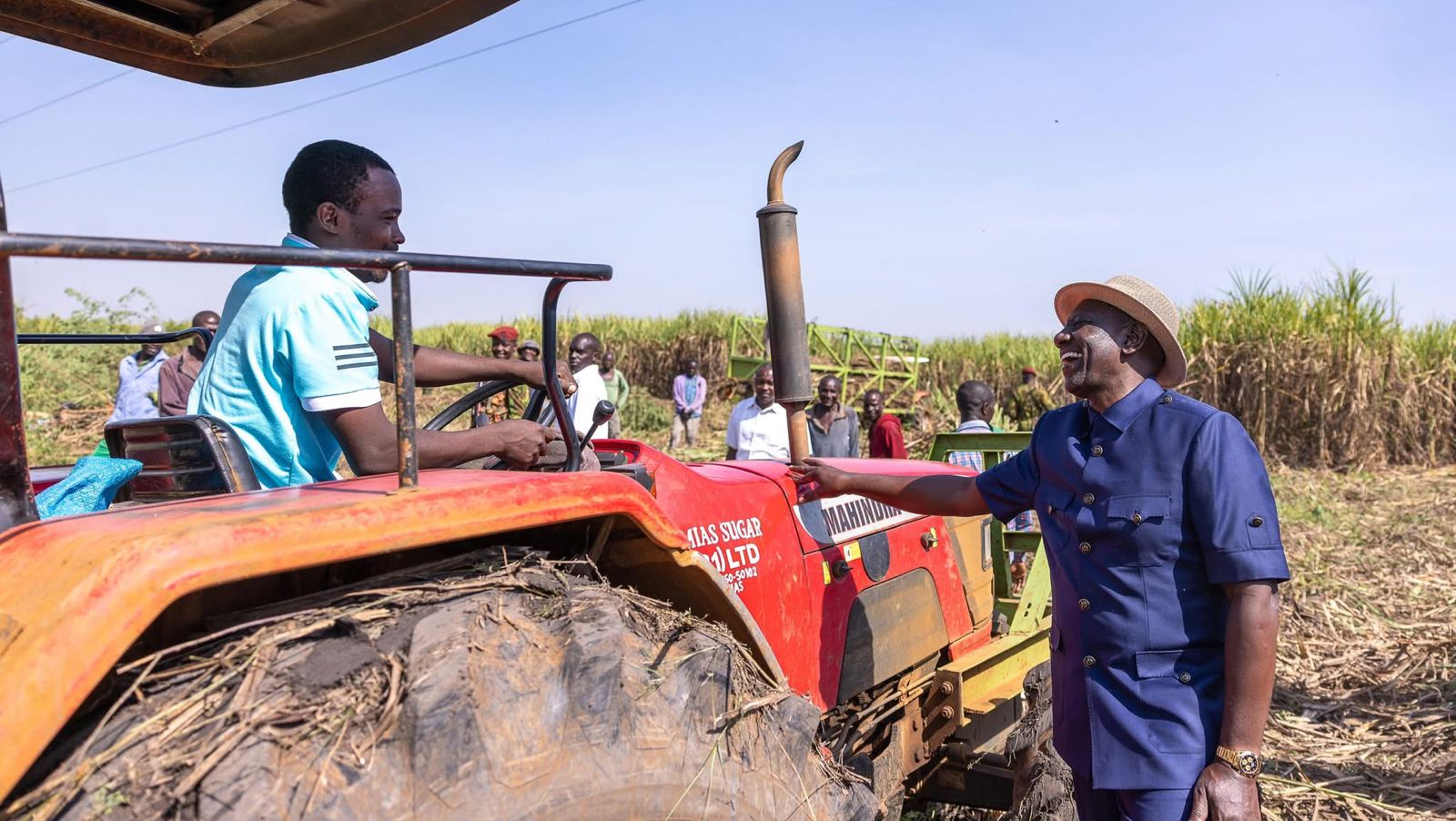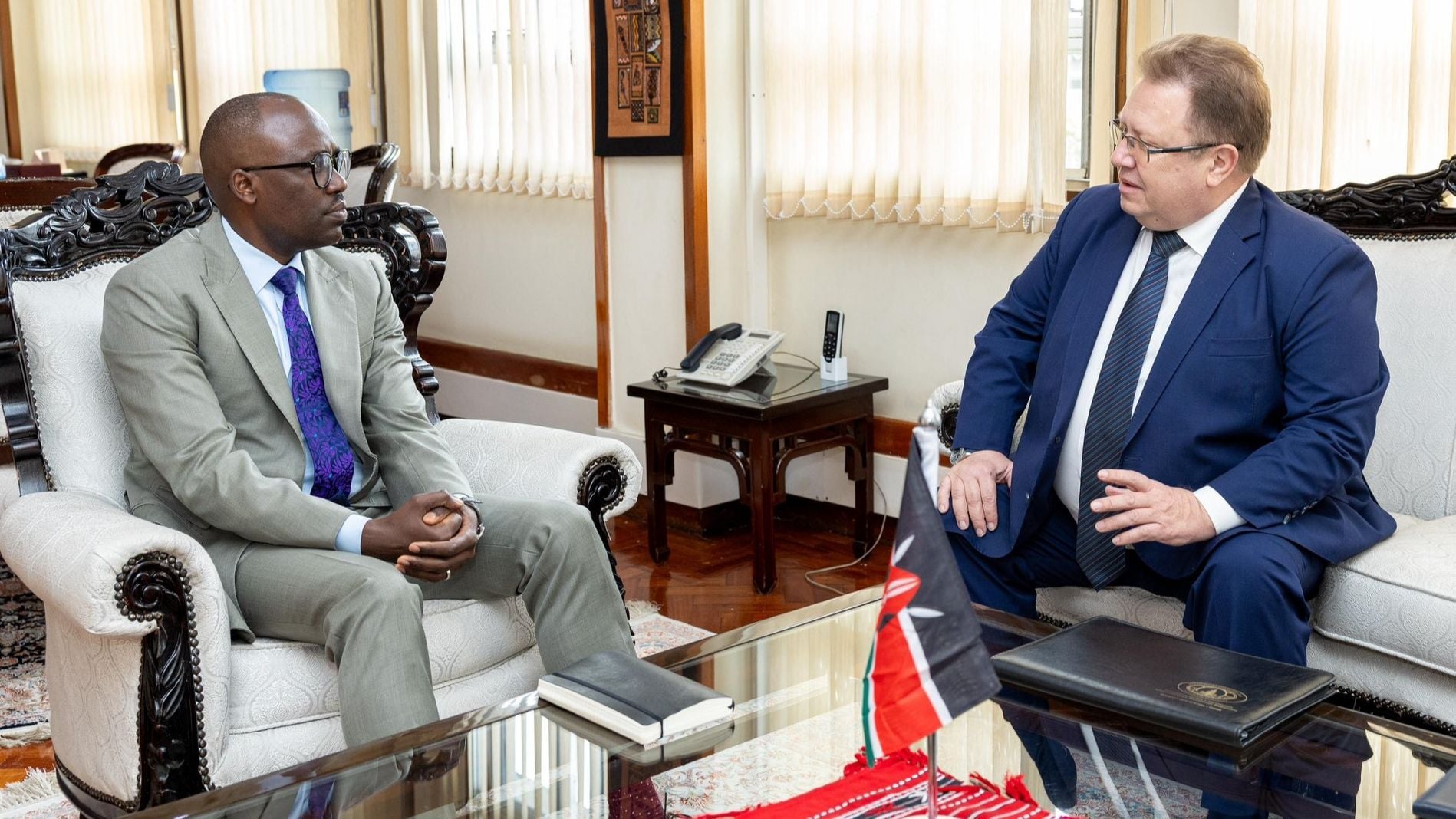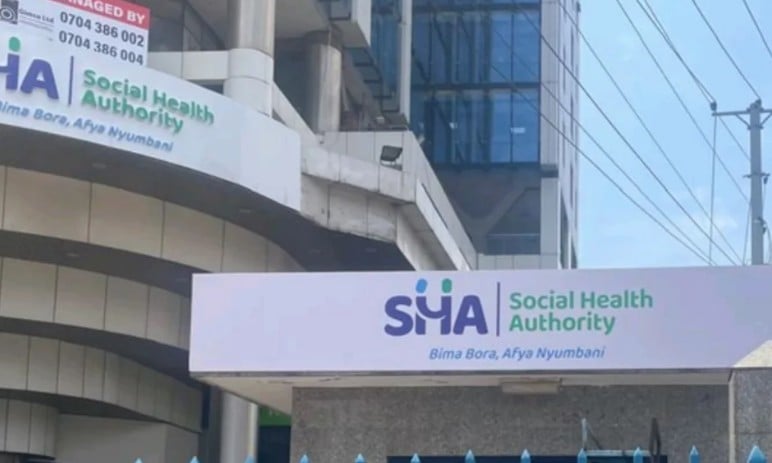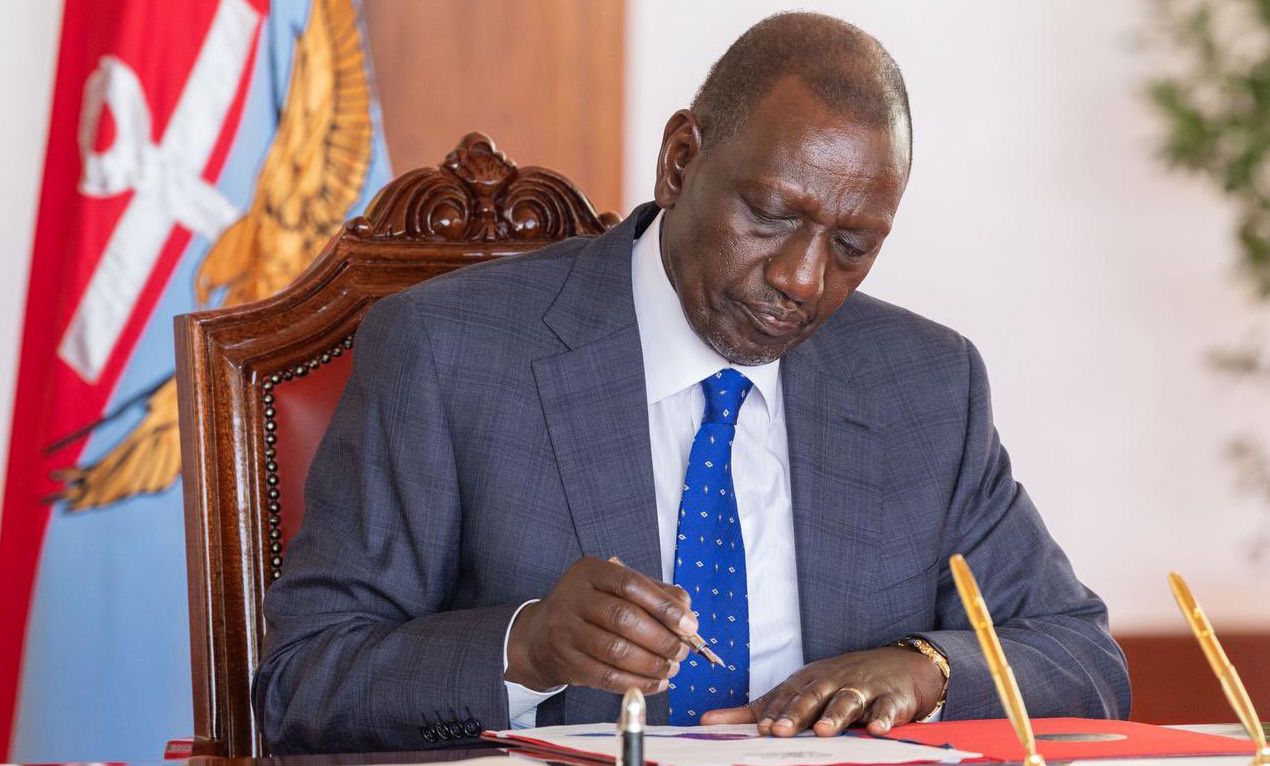The Ministry of Agriculture has introduced a new climate-resilient insurance initiative aimed at supporting farmers facing increasing climate-related risks.
In a statement on Monday, July 21, the ministry said the program is being implemented in collaboration with Pula, Bayer Foundation, Lemonade Foundation, SOMPO Digital Lab and Etherisc.
Notably, it is integrated into the National Fertilizer Subsidy Program to enhance farmers’ resilience against environmental shocks.
The initiative will initially be tested in 11 counties, targeting around 250,000 smallholder farmers during its pilot phase.
The counties include Makueni, Machakos, Kisii, Migori, Meru, Nyeri, Trans-Nzoia, Kakamega, Kericho, Nakuru, and Uasin Gishu.
Read More
After the pilot phase, a national rollout is scheduled to follow in 2026.
"Agricultural insurance is a step in the right direction, especially now that climate-related risks are not a distant threat to our livelihoods.
"This partnership is critical as it will not only protect farmers from risks such as drought and floods but will also promote a sustainable safety net for our farmers, mainly those in Arid and Semi-Arid areas," said National Cereals and Produce Board (NCPB) Managing Director Samuel Karogo.
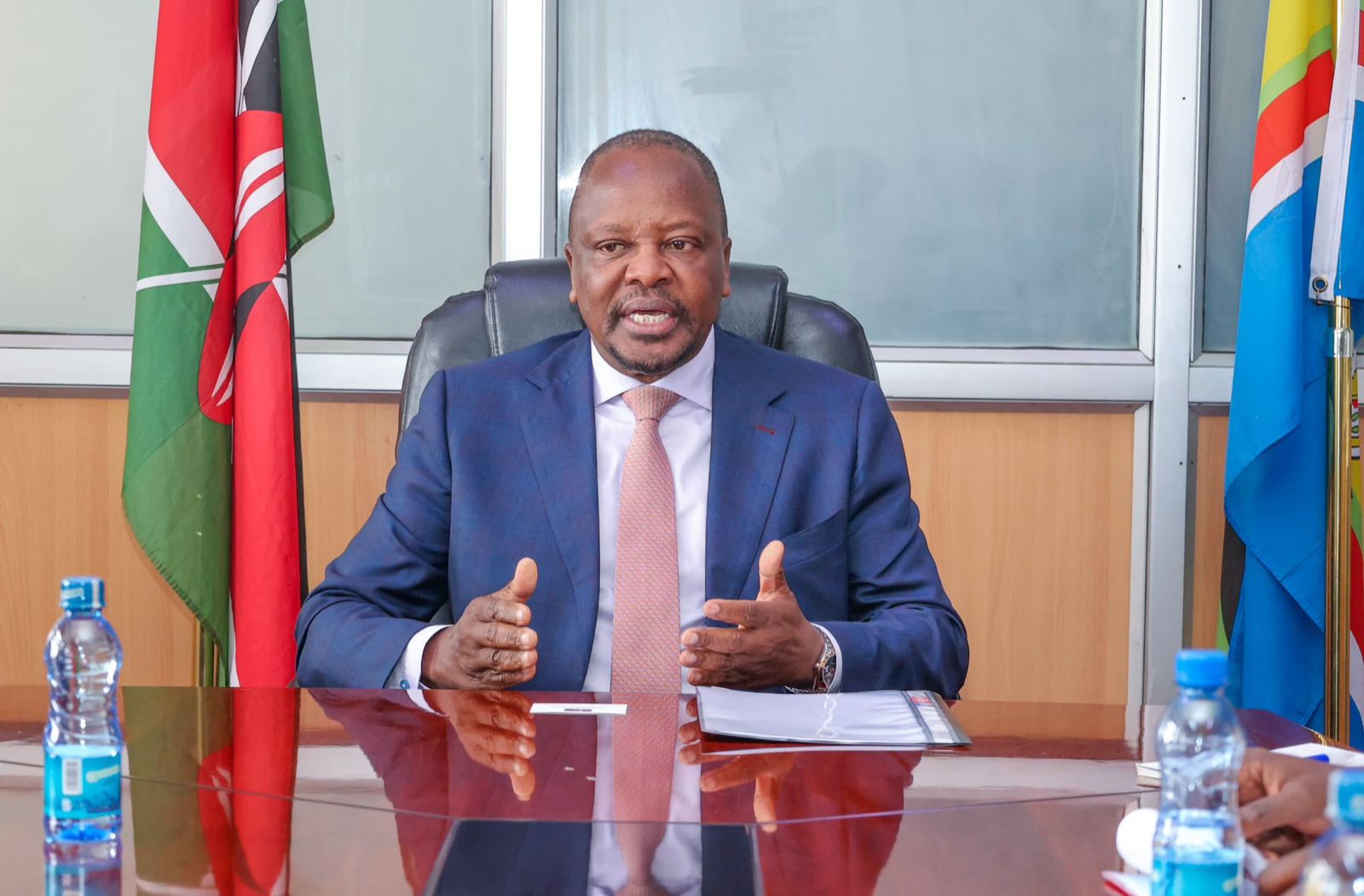
During the current season, every farmer enrolled in the Kenya Integrated Agriculture Management Information System (KIAMIS) in the pilot counties will receive insurance coverage worth Ksh7,000.
This amount is designed to match the cost of two bags of subsidized fertilizer acquired through the government program.
In subsequent phases, both the insurance value and the number of counties involved are expected to increase.
Farmers will be automatically covered by the insurance upon receiving their subsidized fertilizer, which is a key component in ensuring the program’s success.
The model aims to provide protection to smallholder farmers against climate-related challenges.
"This partnership is about creating meaningful access to resilience. At Bayer Foundation, we believe that insurance shouldn't be a privilege for a few, but a tool that empowers underserved farmers, especially women and youth, to thrive in the face of climate change," Head of Public Affairs, Science & Sustainability, Africa at Bayer, Mildred Nadah Pita said.
The pilot phase utilizes Pula's advanced platforms, including the Pula Insurance Engine (PIE) and Mavuno, an AI-powered system for farmer registration.
The program collects data from satellites, weather monitoring tools, and on-ground sources to track rainfall patterns, pest infestations, and disease outbreaks.
If harvest yields dip below a predetermined level, participating farmers receive compensation either in cash or farming inputs.
